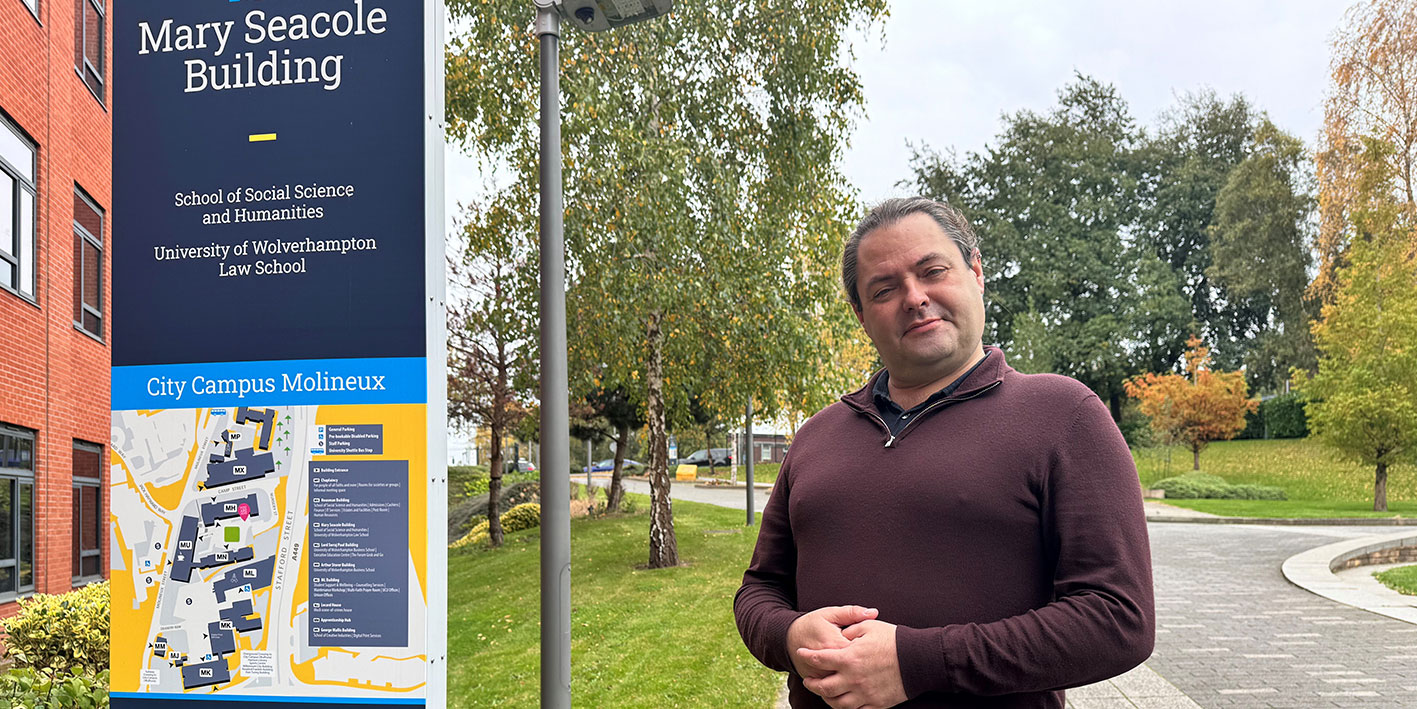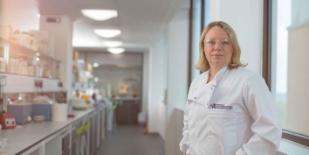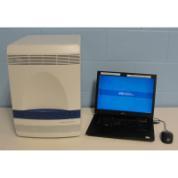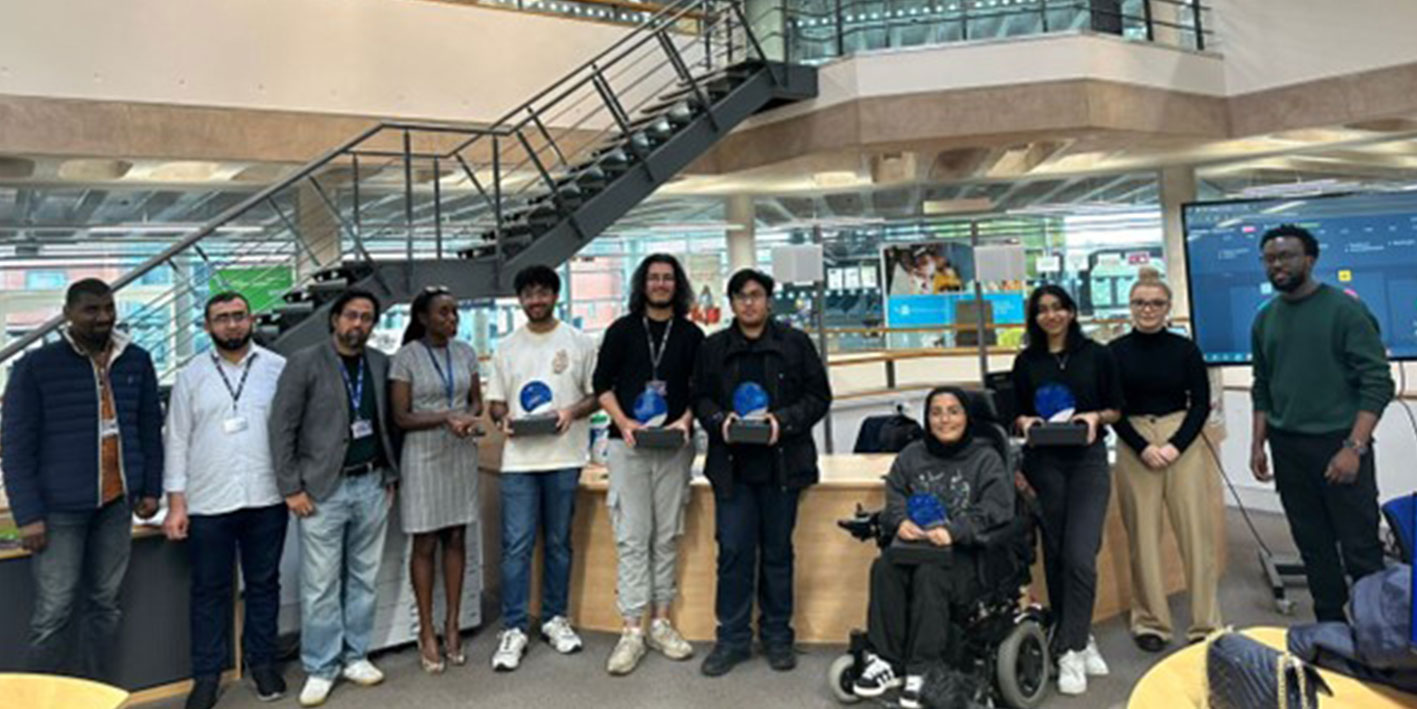
University equipment supports fight against COVID-19
The University of Wolverhampton has provided a vital piece of equipment to support the national effort in the fight against COVID-19.
Universities, research institutes and companies across Britain are lending their testing equipment to three new hub laboratories which are being set up for the duration of the crisis. NHS staff will be first in line for the new coronavirus (COVD-19) testing programme being developed in collaboration with government and industry.
The University’s Research Institute in Healthcare Science has supplied an Applied Biosystems 7500 Fast System PCR machine which has been transported to the new North Hub laboratory at Alderley Park in Cheshire, having been picked up by the Army earlier this week from the City Campus in Wolverhampton.
The machine uses a technique of testing called Polymerase Chain Reaction (PCR) which is usually used to test for viruses such as Hepatitis C or influenza.

Professor Tracy Warr, Professor of Neuro-Oncology at the University of Wolverhampton, said: “The 7500 system is being used in the diagnosis of the new coronavirus (COVID-19) in suspected cases of active infection using samples such as nasal and mouth swabs.
“The real time PCR system is used to detect Ribonucleic acid (RNA) from the genome of the virus and this is important, not only for diagnosis in individual cases, but also to provide information about the spread of the disease.
“The equipment was originally purchased in 2010 with generous donations from the Inner Wheel Club of Stafford and the Adrian Pope Foundation to support the brain tumour research programme at the University of Wolverhampton, specifically to determine the levels of gene expression in paediatric and adult brain tumours compared to normal brain and facilitate the development of new targeted molecular treatments.
“Since 2010, it has been used extensively by many biomedical researchers to investigate many different health conditions including other types of cancer, cardiovascular disease, polycystic kidney disease, chronic obstructive pulmonary disease and diabetes.”
The University is actively looking at other ways to contribute to the fight against COVID-19 and has donated its PPE to local NHS Trusts as well as using its 3D printing technology at the Telford Innovation Campus to manufacture visors for front line staff and members of the community who are volunteering.
ENDS
For more information please contact the Corporate Communications Team.


/prod01/wlvacuk/media/departments/digital-content-and-communications/images-2024/Diane-Spencer-(Teaser-image).jpg)
/prod01/wlvacuk/media/departments/digital-content-and-communications/images-18-19/220325-Engineers_teach_thumbail.jpg)
/prod01/wlvacuk/media/departments/digital-content-and-communications/images-2024/241024-Dr-Christopher-Stone-Resized.jpg)
/prod01/wlvacuk/media/departments/digital-content-and-communications/images-2024/UoW-City-Campus-(Teaser-Image).jpg)
/prod01/wlvacuk/media/departments/digital-content-and-communications/images-2024/241014-Cyber4ME-Project-Resized.jpg)
/prod01/wlvacuk/media/departments/digital-content-and-communications/images-2024/240315-Research-Resized.jpg)
/prod01/wlvacuk/media/departments/digital-content-and-communications/images-2024/BHM-event-(teaser-image).jpg)


.jpg)